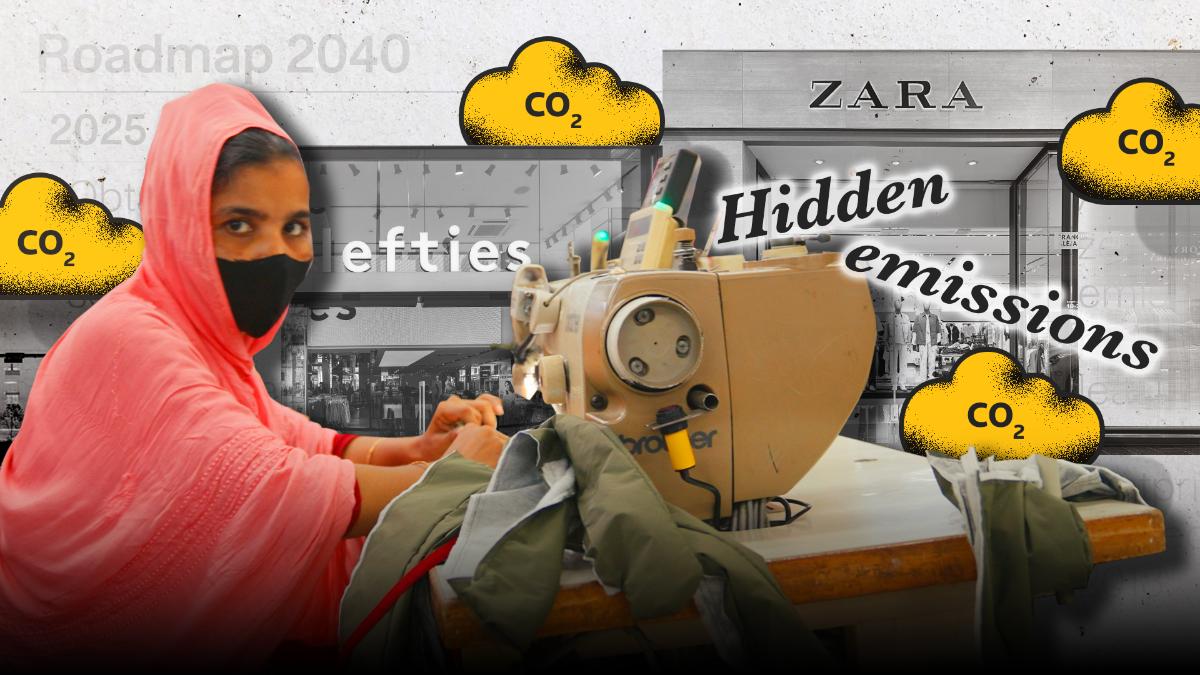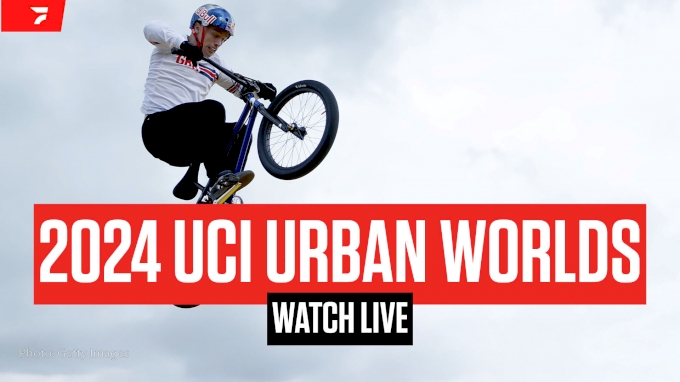Fashion
Fast fashion giant Inditex wants to be sustainable. But is it? | Context

In recent years, fast fashion brands like Zara have promised to produce and sell clothes in a more sustainable way for both the planet and the people who make their clothes.
But our reporting found that those promises are at risk, due some of Zara’s — and its parent company Inditex’s — business tactics.
We spent months digging through supply chain data and conducting interviews with garment workers, factory owners, and former employees, and we found that Inditex has dramatically increased its use of dirtier, more expensive airplanes in the last few years to ship clothes from manufacturing countries such as Bangladesh, India, and Turkey to warehouses in Europe and stores around the world.
Not only is air shipping’s carbon footprint around 35 times higher than shipping by sea, its use as a last resort in order to make sure clothes arrive on time adds to the pressure that garment workers face: producing clothes as quickly as possible, at times working overtime shifts with delayed payments and under harassment. In the case of one particular Inditex brand called Lefties, costly air shipping exasperates what is already a low-margins business.
From Bangladesh to Spain, we uncover how companies like Inditex built a supply chain network optimised for speed at the potential expense of the environment and workers.










